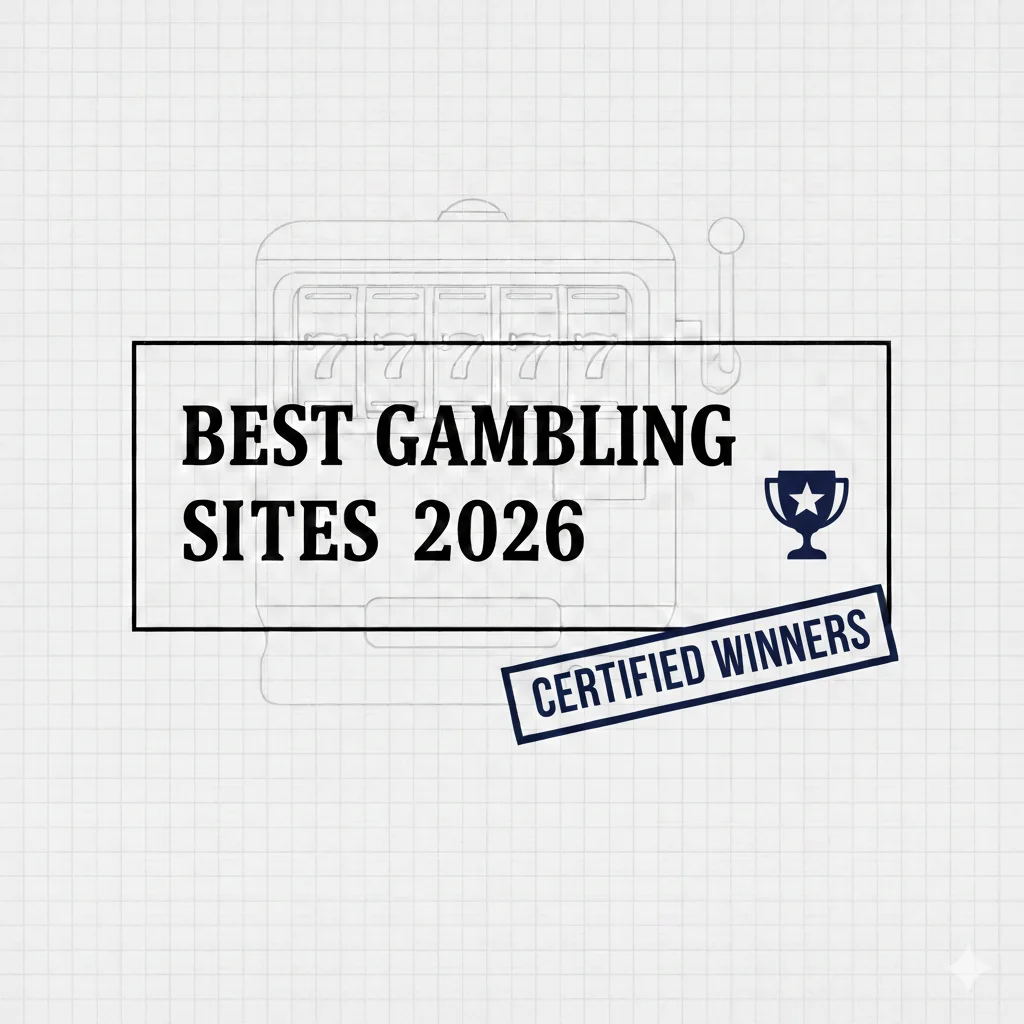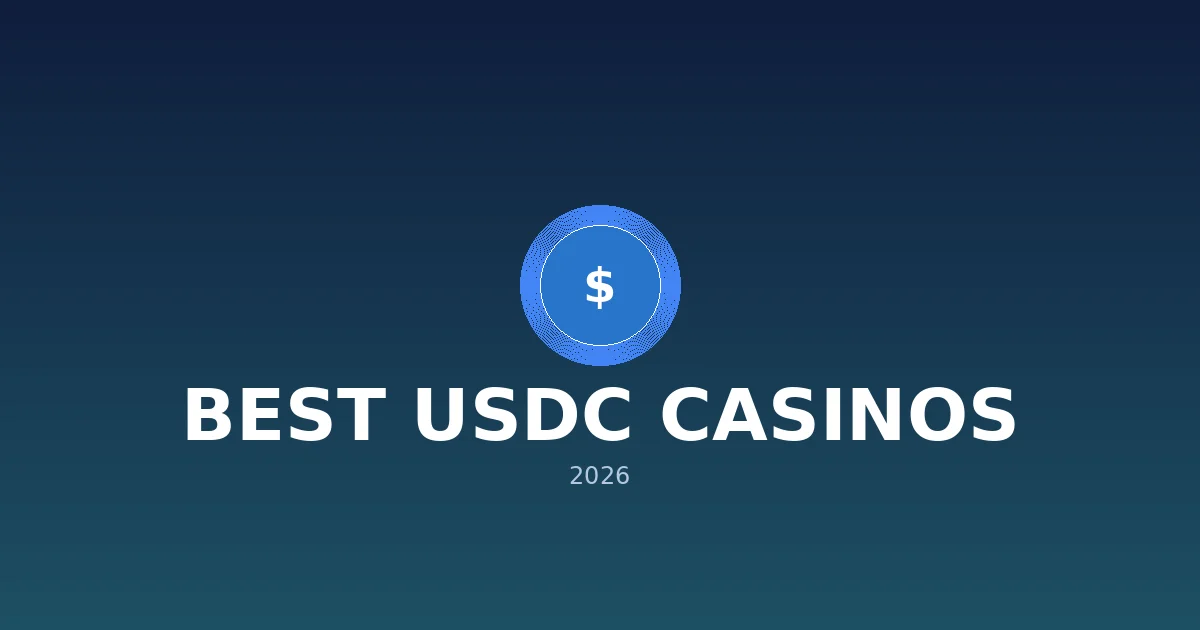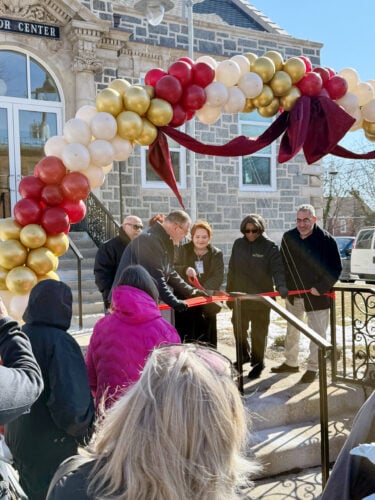New Landscapes
Local mental health resources are still readily available in pandemic, though formats have evolved.
 The current COVID-19 crisis has changed the landscape regarding mental health and addictions care for many—including those consumers in need of those services, as well as family members and other caregivers. Articles have been written about this situation, which is coming to the attention of a growing number of people.
The current COVID-19 crisis has changed the landscape regarding mental health and addictions care for many—including those consumers in need of those services, as well as family members and other caregivers. Articles have been written about this situation, which is coming to the attention of a growing number of people.
Services that were once readily available—including in-person care and treatment, support groups, wellness centers, and other such services—suddenly were curtailed or drastically reduced during the height of the lockdown. With the help of current networking technologies, such as Zoom, Google Hangouts, Microsoft Teams, and conference calls, many of these services have been restored, to a greater or lesser degree. In addition, some in-person treatment is now available. People in need of help—consumers and family members—have also reached out to each other on their own.
The alteration in routines, however, is taking its toll. The resultant stressors for consumers used to a regular regimen of care and support, family members who have had to shoulder additional responsibilities, students who must adjust to new learning conditions, and other changes have been destabilizing factors to those who need stability the most.
The New Jersey Legislature, as of this writing, is discussing a bill (S2708/A4446) that emphasizes the necessity of publicly financed mental health, behavioral health, and addiction services “as critical to the health, safety, and well-being of the people of New Jersey.” The New Jersey Association of Mental Health and Addiction Services is one of the organizations that has spoken out in support of this bill.
What can be done locally to get the help and support you need?
Agencies and treatment centers are offering help—whether virtual or in-person—and contacting the particular agency is advisable for their current treatment mode or platform.
Even though in-person support groups are on hiatus because of the pandemic, they are being replaced by virtual support groups.
• The National Alliance on Mental Illness (NAMI) offers virtual support groups on a statewide basis. Consumer support groups and family support groups are offered three times a week via Zoom or conference call. Check NAMI New Jersey’s website—naminj.org—for future information on those and other programs that are being broadcast.
• Intensive Family Support Services (IFSS), which operates locally out of The Guidance Center, is also offering some services via telephone and Zoom. Contact Amandalynn Salzman at 856-825-6810, for more information,
• The New Horizons Community Wellness Center in Vineland is offering regular conference calls in lieu of their various in-person groups. Call Christine Olausen at 856-696-8921 for more information.
This is in addition to addiction services that are available. For more information on those, call the Cumberland County Mental Health Board/Department of Human Services at 856-451-3080.
In times of trouble or crisis, these additional contacts should be kept handy:
• Cumberland County Mental Health Crisis Unit—856-455-5555—for mental health emergencies
• Peer Recovery Warm Line—877- 282-5588—peer support for mental health consumers
• National Suicide Prevention Lifeline—800-273-TALK (8255)—free and confidential support for people in distress
• National Emergency Phone Number – 9-1-1
During these unusual times, stay safe, stay healthy, stay social and keep minding your mind.
Melissa Niles, LPC, LCADC is Cumberland County Department of Human Services Director, Cumberland County Mental Health Administrator, and Cumberland County Alcohol & Substance Abuse Services Director.








